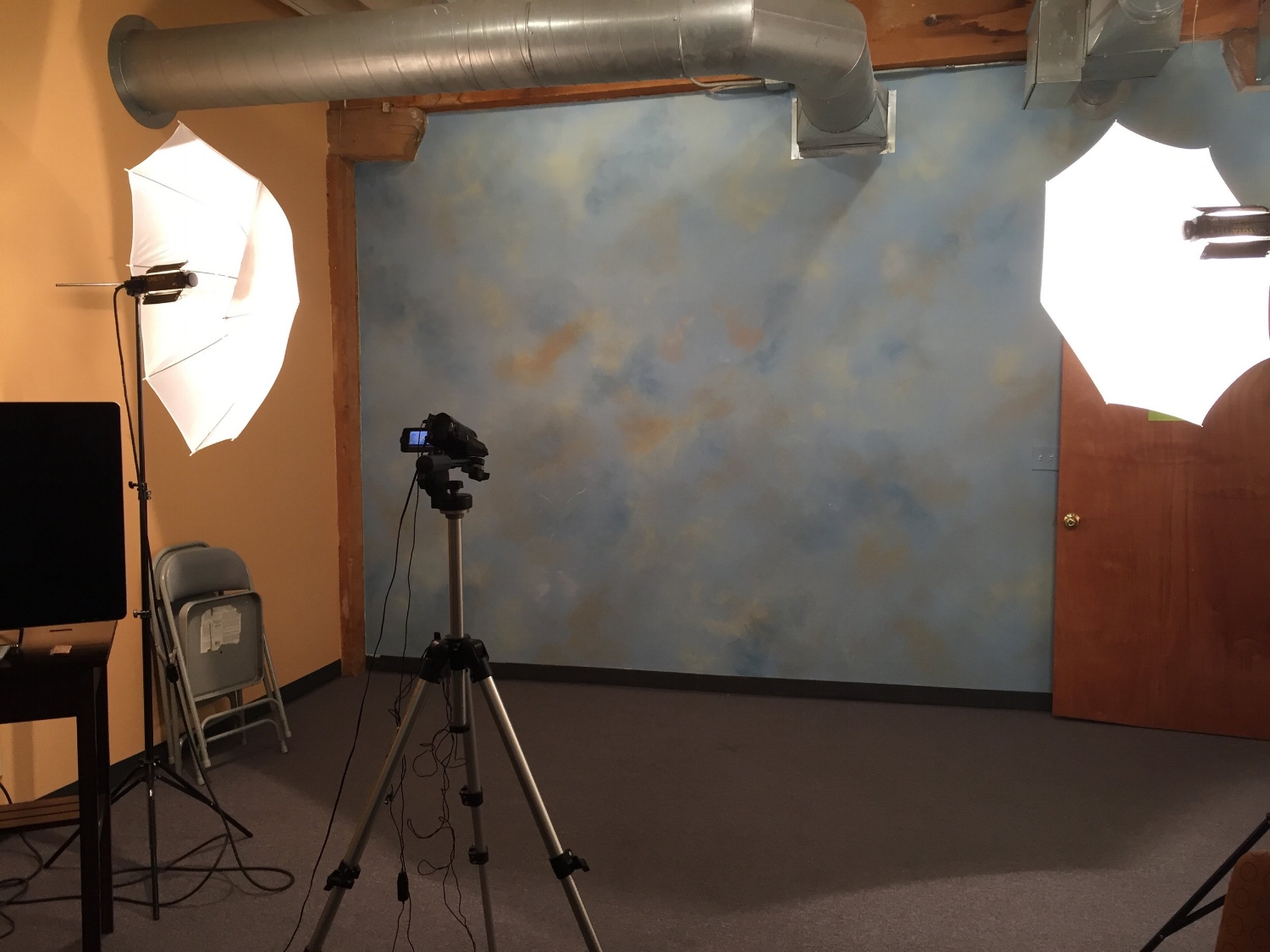January 24, 2017
If there is one positive outcome that can be gleaned from our current political climate, it is that many people who might have taken a passive stance on issues in the past are waking up to the realization that we must raise our voices in support of what matters most. The Women's March on Saturday was an invigorating and inspiring demonstration of what is possible when we unite to stand up for our rights.
But the work is only beginning.
Reports suggest that the president plans to defund the National Endowment for the Arts and the National Endowment for the Humanities, a move that will undoubtedly have a negative impact on our children as well as our society as a whole. A quick Google search leads to countless articles online that simply and specifically explain the numerous benefits of arts education. I realize that those of you reading this are likely already aware of the need for arts funding, but it never hurts to review the research. First, let's take a look at this video from the NEA, detailing its impact on individuals and communities (you'll even recognize some Chicago faces):
In an article titled, "The Importance of Art in Child Development" found on PBS.org, author Grace Hwang Lynch refers to a report by Americans for the Arts, which states that "young people who participate regularly in the arts (three hours a day on three days each week through one full year) are four times more likely to be recognized for academic achievement...than children who do not participate."
Along with such developmental benefits as improved academic performance, motor and language skills, research shows that involvement in the arts has a positive impact on at-risk youth and those in low income neighborhoods, improving critical thinking skills and fostering an environment of teamwork and creativity. ArtsForLifeAward.org references a national study conducted by UCLA, in which researchers found that students with high arts involvement spent fewer hours in front of the television and more time participating in community service. Writer Juliette Sivertsen wrote a blog post for Washington Christian Academy, stating, "In countries with the highest rankings in math and science, such as Japan, Hungary and the Netherlands, arts and music education form a mandatory part of the school curriculum."
Benefits of arts involvement are not confined to the education system.
The arts have proven to play a positive role in healthcare as well as the economy. Randy I. Cohen, in an article posted on the Americans for the Arts website, writes that patients who are exposed to arts programming require less medication and experience shortened hospital stays. In the same article, Cohen cites a report by the U.S. Bureau of Economic Analysis, which states, "the arts and culture sector represents 3.25 percent of the nation's GDP... The nonprofit arts industry alone generates $135 billion in economic activity annually...that supports 4.1 million jobs and generates $22.3 billion in government revenue."
Again, I realize that the very fact you are on my website reading this post right now is because you already care about the arts and know most of the information I've mentioned here. I implore you to take one further action and sign the petition that is circulating, asking the president to support the arts and not defund the NEA or NEH.


